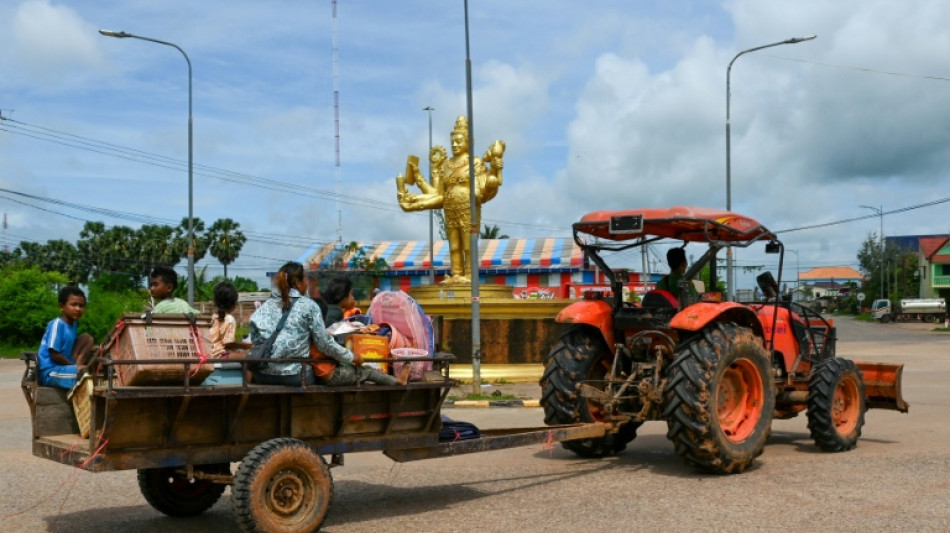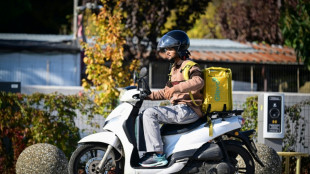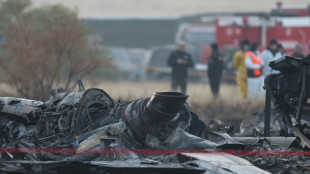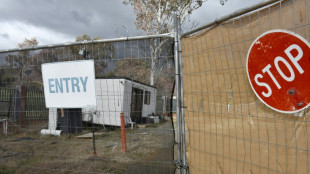

Displaced Cambodians return home after Thailand truce
As Cambodia and Thailand's ceasefire held Tuesday, Lat Laem hared back home -- one of the first evacuees to return to the frontier since deadly cross-border clashes sent more than 300,000 people fleeing.
The territorial conflict, which ignited into open combat on Thursday, stems from an obscure cartographical dispute dating back decades, and the truce was sealed after interventions from world leaders including US President Donald Trump.
Back in his Cambodian village of Kouk Khpos -- about 10 kilometres (six miles) from the Thai border -- 30-year-old farmer Lat Laem is grateful for his homecoming, and more quotidian concerns.
"I feel happy to be back to my newly built home so I can clean the floor," he told AFP, after a two-hour trip trailing his family home on a tractor through shuttered villages and empty streets.
Lat Laem said he was working in his rice field when the first blasts broke out, heralding the start of fighting that was waged with artillery, rockets, jets and ground troops.
At least 43 people have been killed on both sides in the deadliest clashes in years over a scattering of ancient contested temples on Thailand and Cambodia's 800-kilometre border.
The truce came into effect at midnight on Monday, and while Thailand accused Cambodia of violating the pact with skirmishes, peace has generally prevailed.
- Hope intact -
When the strikes started raining down around his home, Lat Laem says he took refuge in his brother's bunker -- built because border residents are accustomed to sporadic strife.
He was initially reluctant to abandon his simple white home, so recently constructed that he has yet to hold a house-warming.
When the drumbeat of blasts became too much to bear, he fled -- joining around 140,000 others in Cambodia, and 180,000 more in Thailand who were forced to quit their homes.
He left with his wife and daughter, his sister-in-law and her children on a tractor-drawn wagon known locally as an "iron cow" -- piled with a few scant belongings including cooking gear and a fan -- and headed to a shelter 50 kilometres away.
While they were gone the border was scarred by destruction, as both sides traded fire and allegations about the use of cluster bombs, the targeting of civilian homes and even of hospitals.
Evacuated far from his prized property, Lat Laem was consumed by anxiety it would be claimed by the conflict.
"I was worried that my house that I spent all that money to build might be damaged -- that would upset me," said Lat Laem. "I could not sleep."
But pacing the perimeter of his own patch of land back near the contested frontier he confirms it is free of shrapnel scars -- totally undamaged by the turmoil.
"It was not hit, it is intact," he marvelled. "Now I am happy that it is all good."
V.Meyer--PP






